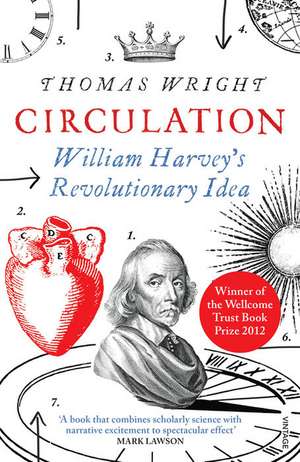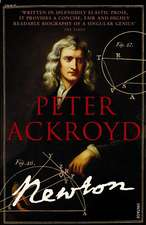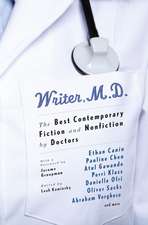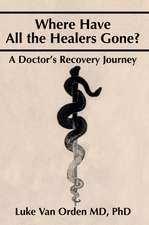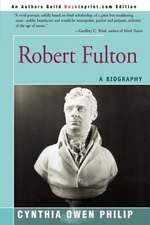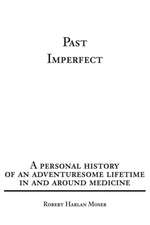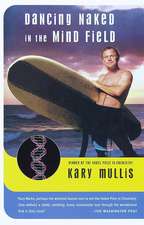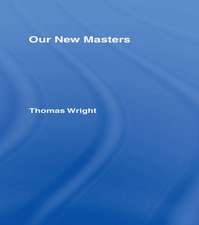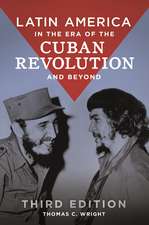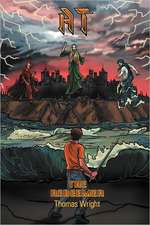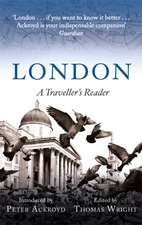Circulation: William Harvey's Revolutionary Idea
Autor Thomas Wrighten Limba Engleză Paperback – 3 apr 2013
Preț: 82.43 lei
Nou
15.77€ • 16.47$ • 13.05£
Carte tipărită la comandă
Livrare economică 04-18 aprilie
Specificații
ISBN-10: 0099552698
Pagini: 288
Dimensiuni: 128 x 198 x 25 mm
Greutate: 0.27 kg
Editura: Vintage Publishing
Notă biografică
THOMAS WRIGHT was educated at Saint Thomas More RC School, Bedford, and Magdalen College, Oxford. His groundbreaking Oscar's Books, a portrait of his hero Oscar Wilde though his reading, was hailed by Craig Brown as 'an original and eccentric landmark in the art of literary biography'. His play, Death in Genoa, was recently produced in London and broadcast on the website of The Independent. He lives in Oxford. The author lives in Oxford.
Descriere
Arguably the greatest Englishman in the history of science after Isaac Newton, a vivid and visceral biography of William Harvey, who discovered the circulation of the blood, and brilliant portrait of seventeenth-century thought and imagination.
Diminutive, brilliant and choleric, William Harvey had a huge impact on anatomy and modern biology. Arguably the greatest Englishman in the history of science after Newton and Darwin, Harvey's obsessive quest to understand the movement of the blood overturned beliefs held by anatomists and physicians since Roman times. His circulation theory was as controversial in its day as Copernicus' idea that the earth revolved around the sun.
Set in the beating heart of late Renaissance London, Thomas Wright's vivid and visceral biography shows how Harvey drew inspiration not only from his dissections and vivisections, but also from the world around him: from England's bustling trade networks to technological developments of the time. It features a dramatic cast of historical characters, including Francis Bacon, England's Lord Chancellor and a recalcitrant patient of Harvey's; John Donne, a poet and preacher fascinated with anatomy and the human heart; and King Charles I, Harvey's beloved patron and witness to many of his experiments.
Harvey's circulation theory, in turn, permeated and altered the culture and language of its time, influencing poets and economists. To the dismay of the arch-Royalist Harvey, it also encouraged radical political ideas -- and just as cherished anatomical orthodoxies could be toppled, so was the King during the Civil War. In more ways than one, Harvey's idea was truly revolutionary, yet astonishingly, it gained currency in his lifetime.
Circulation charts the remarkable rise of a yeoman's son to the position of King's physician, offers a fresh interpretation of his ideas, and above all, celebrates a brilliant mind that epitomized a rich moment in England's intellectual history.
